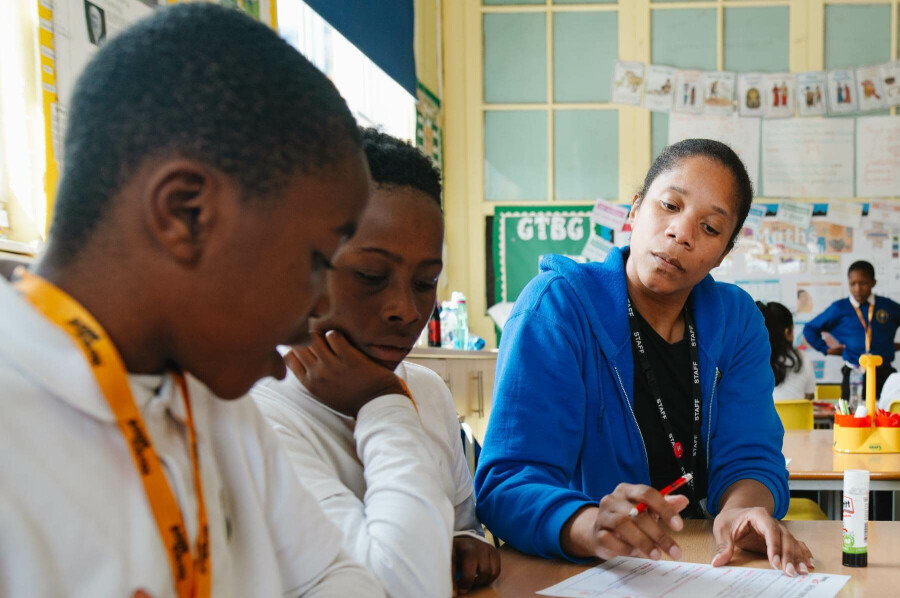Spoken language
Ages 7-11 (Y3-6)
|

NewsWise lessons and resources are planned by literacy, PSHE and news literacy experts. We make sure that everything we do is aligned with the national curricula of all four UK nations.
This page outlines the relevant curriculum areas and objectives that each of our units of work meet. Every lesson plan from both of our units of work include the specific curriculum links as well.
Ages 7-11 (Y3-6)
|
Ages 7-9 (Y3-4)
| Ages 9-11 (Y5-6)
|
Ages 7-9 (Y3-4)
| Ages 9-11 (Y5-6)
|
Ages 7-11 (Y3-6) Health
Relationships
Living in the wider world
*Statements are taken from the PSHE Association’s Programme of Study for PSHE Education. These incorporate the Relationships Education, RSE and Health Education statutory guidance. |
Ages 7-11 (Y3-6)
|
Ages 7-8 (Y4)
| Ages 8-11 (Y5-7)
|
Ages 7-8 (Y4)
| Ages 8-11 (Y5-7)
|
Ages 7-8 (Y4)
| Ages 8-11 (Y5-7)
|
Ages 7-8 (Y4) Personal understanding and health
Mutual understanding in the local and wider community
| Ages 8-11 (Y5-7) Personal understanding and health
Mutual understanding in the local and wider community
|
Ages 7-11 (Y4-7)
*Statements are taken from Using information and communications technology across the curriculum. |
Ages 7-8 (P4)
| Ages 8-11 (P5-7)
|
Ages 7-8 (P4)
| Ages 8-11 (P5-7)
|
Ages 7-8 (P4)
| Ages 8-11 (P5-7)
|
Ages 7-11 (P4-7) Mental and emotional wellbeing
Social wellbeing
|
Ages 7-8 (P4)
| Ages 8-11 (P5-7)
|
These statements taken from the Curriculum for Wales cover two of the areas of learning and experience (Health and Well-being, and Languages, Literacy and Communication). The statements have been organised into the subjects of oracy, reading, writing, and health and wellbeing for ease of reference. Digital competence statements are taken from the Digital competence framework.
We have taken statements from progression steps two and three which broadly relate to the age groups that NewsWise caters for. However, we recognise that children progress at different rates, so there may be statements from other progression steps which NewsWise lessons and resources also meet.
Progression step 2 Understanding languages is key to understanding the world around us
Expressing ourselves through language is key to communication
Literature fires imagination and inspires creativity
| Progression step 3 Understanding languages is key to understanding the world around us
Expressing ourselves through language is key to communication
|
Progression step 2 Understanding languages is key to understanding the world around us
Literature fires imagination and inspires creativity
| Progression step 3 Understanding languages is key to understanding the world around us
Literature fires imagination and inspires creativity
|
Progression step 2 Expressing ourselves through language is key to communication
Literature fires imagination and inspires creativity
| Progression step 3 Expressing ourselves through language is key to communication
Literature fires imagination and inspires creativity
|
Progression step 2 How we process and respond to our experiences affects our mental health and emotional well-being
Our decision making impacts on the quality of our lives and the lives of others
How we engage with social influences shapes who we are and affects our health and well-being
| Progression step 3 How we process and respond to our experiences affects our mental health and emotional well-being
Our decision making impacts on the quality of our lives and the lives of others
How we engage with social influences shapes who we are and affects our health and well-being
|
Progression step 2 Citizenship
Producing
| Progression step 3 Citizenship
Producing
|